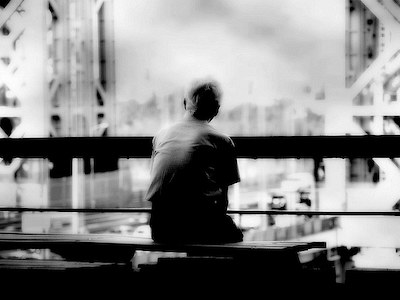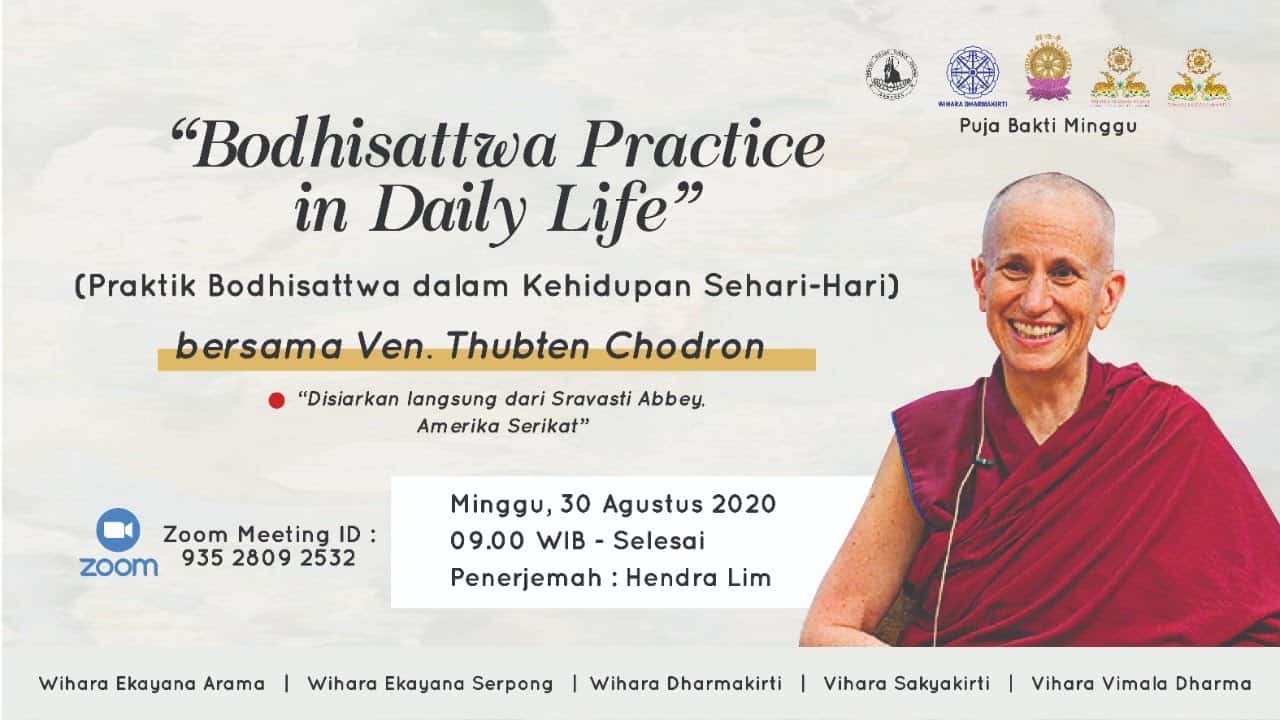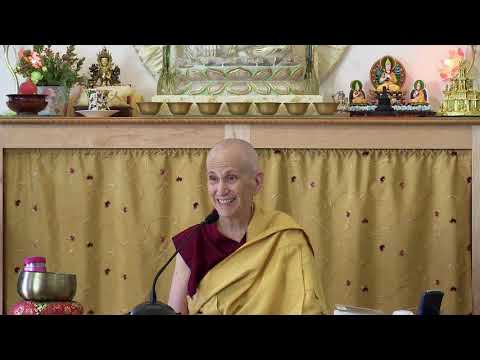Don’t take life for granted
Some reflections on death

There was a plane crash two days ago in Kerela, India, an explosion at Beirut port before that, natural disasters in different parts of the world and of course the corona virus. I have been thinking about death for a while now and these events are making me examine the topic more closely.
Today someone shared a quotation in WhatsApp:
Those who died yesterday had plans for this morning.
And those who died this morning had plans for tonight.
Don’t take life for granted. In the blink of an eye, everything can change. So, forgive often and love with a full heart. You never know when you may not have that chance again.
I need to look up the source of this quote, but it has many valuable insights.
On one side, sometimes there is a feeling of apathy. Yes, people are going to die one way or another, now or later, so what’s new? Similarly, death is seen as a statistic. Hundreds of thousands of people have died from the corona virus, but we seldom consider the depth of pain and distress it has caused their families, doctors, and other health care professionals. When someone dies, people express “rest in peace” or some similar message. But if it is someone we know or who is close to us, our reaction is very different. Definitely we miss the person and cherish the time we had together. We want that person to be happy after death. That’s a good intention. But if I look at my interactions with others, do my actions—physical or verbal—bring peace to those around me while they are alive? Or do my actions create mental disturbance? When I am in a bad mood or angry (as my wife and son politely say), because someone didn’t do what I expected, am I acting in ways to create peace in others’ mind or stirring up their anger? Here too, my cynical mind points out that others’ anger is their problem, not mine. But I do notice from time to time, that what I say or do triggers negative emotions in their minds.
I step back and think about this closely. As the Buddhist teachings say in different ways, what we have is our present mind and also what we have is the present moment. Am I using that well? Am I creating peace or suffering, for others and me, in the present moment and also in future? It helps me to attempt not to waste the opportunities we have now. One point from the refuge guidelines I find very helpful is “Be concerned more with correcting your own faults than pointing out the mistakes of others.” I can try to change my negative attitudes and emotions so that they bring peace and happiness to me and others. I can still point out my concerns of others’ actions but I need to monitor my actions. That’s most important.
Another point that helps me view death and life closely is contemplating that everyone has been our mother. Though it appears intellectual, checking in my mind if someone is suffering when they live or when they pass away, would I feel or think differently had it been my mother? Why is there is a difference? There is some real concern for my mother and some of that is due to attachment. But when I start to consider that those who are suffering have been my mother, it helps to change my mental attitude and develop some degree of closeness and that causes me to want to benefit them. One way I can help others better is by trying not to waste the time and opportunities I have now. That gets clearer and stronger.
Imagining the death of those near and dear to me also evokes different degrees of discomfort. I think it is harder for me imagine the death of my son compared to the death of my wife, siblings, or friends. But I am working on it. More important is to change my negative behavior and to gently encouraging my son to be kind, helpful, generous, and not to harm others as much as possible. This is something I can do now that will help all these people.
One more note. There have been instances of people taking their lives after the pandemic started. Some are celebrities. It is generally attributed to some level of depression. As I think about it in relation to death, killing someone else because of anger or attachment appears to be easier than taking one’s own life. I can’t imagine the mental state—the hopelessness or feelings of worthlessness or lack of self-confidence and optimism those people have. I guess it must be very hard for an individual to come to that decision. I am not even thinking about the existential views they may have that their life is finished and that after death there would be no more pain or suffering. Some form of hope or help or trusted friend could have helped change their decision.
In a broader perspective, I feel happy for the conditions and opportunities I have to study and practice the Dharma and be of help to others.
Ramesh
Lay practitioner from Bangalore, India. Participated in Retreat from AFAR and taken SAFE courses offered by Abbey.


